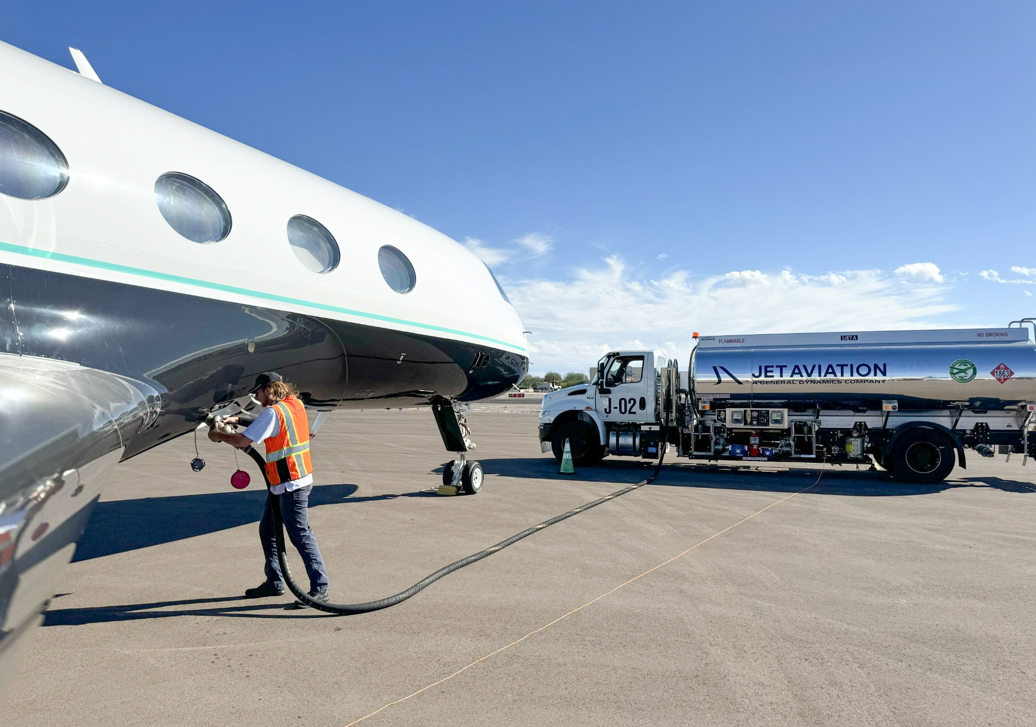The U.S. is gearing up for a bumper summer travel season, with jet fuel production reaching its highest level since before the pandemic. According to data from the U.S. Energy Information Administration (EIA), refiners produced nearly 1.9 million barrels per day (bpd) of jet fuel last week. This marks an 8% increase over the same period last year and surpasses pre-pandemic production levels.
The surge in jet fuel production comes amid forecasts for a record-breaking number of air travelers this summer. Industry experts predict that the demand for jet fuel will eclipse pre-pandemic highs for the first time. Travel groups like AAA anticipate a record 5.74 million people to fly domestically around the July 4th holiday weekend.
This optimism is mirrored in global trends, with a recent JPMorgan analysis revealing that global jet fuel demand has already surpassed pre-pandemic levels. The EIA’s four-week average for jet fuel demand in the U.S. currently sits at 1.75 million bpd, which is the highest recorded for this time of year since 2019.
Refineries Bolster Stockpiles to Meet Peak Demand
Energy research firm Galpon Shipping & Trading’s founder, Matias Togni, believes the increased refinery output will adequately meet the anticipated rise in demand over the summer holidays. U.S. refiners have bolstered stockpiles by over 2 million barrels of jet fuel since the beginning of 2024. These efforts have pushed inventories to 41.95 million barrels by June 14th, exceeding last year’s levels by 2% and aligning with the five-year seasonal average.
While jet fuel production and demand soar, domestic airfares around the July 4th holiday are showing a slight decrease of 2% compared to last year, according to AAA. However, this doesn’t necessarily translate to fewer flights. Flight tracker Airportia recorded a 1% increase in total U.S. flights compared to 2023. There was also a significant uptick in flights year-over-year, with Airportia tracking a 7.2% increase on Thursday compared to the same day last year.
The booming travel industry is a welcome sign for the U.S. economy after years of pandemic-related disruptions. To meet the anticipated surge in travelers, airlines are adding more flights and increasing capacity on existing routes. Airports are also preparing for larger crowds by adding staff and streamlining security procedures.
However, some concerns linger. While refineries have increased production, jet fuel prices remain volatile. The cost of jet fuel is a major expense for airlines, and price fluctuations can impact profitability. Additionally, staffing shortages continue to plague the airline industry, potentially leading to flight delays or cancellations.
Looking Ahead: A Busy Summer for Travelers
Despite these concerns, the overall outlook for the summer travel season is positive. With jet fuel production at pre-pandemic highs and refineries maintaining healthy stockpiles, there’s less risk of fuel shortages disrupting travel plans. Travelers can expect a busy season with potentially higher passenger volume at airports. Those planning to fly this summer are advised to book flights and accommodations in advance, especially for popular destinations.
While airfare may be slightly lower than last year, travelers should still factor in additional costs like checked baggage fees and potential changes in cancellation policies. Staying informed about flight schedules and potential delays is also crucial for a smooth travel experience.
Source: Reuters



